Question And Answer
Publications
Articles, publications, books, tools and multimedia features from the U.S. Institute of Peace provide the latest news, analysis, research findings, practitioner guides and reports, all related to the conflict zones and issues that are at the center of the Institute’s work to prevent and reduce violent conflict.
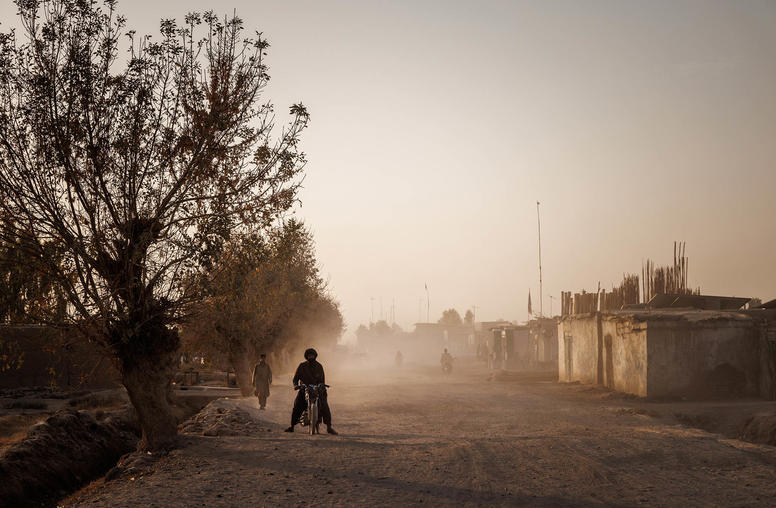
Afghanistan’s Two Years of Humanitarian Crisis Under the Taliban
The Taliban’s takeover of Afghanistan in August 2021 immediately exacerbated the country’s precarious humanitarian situation, leaving millions in need of food assistance and other support. Two years later, the situation remains dire, with Afghan women and girls acutely affected by the Taliban’s draconian restrictions on their daily lives. The international community continues to struggle to find a balance between providing desperately needed aid while also pressuring the regime in Kabul to moderate its hardline policies. While Afghans need emergency assistance, the country will continue to deal with cycles of crises until its deep-seated economic challenges are addressed.
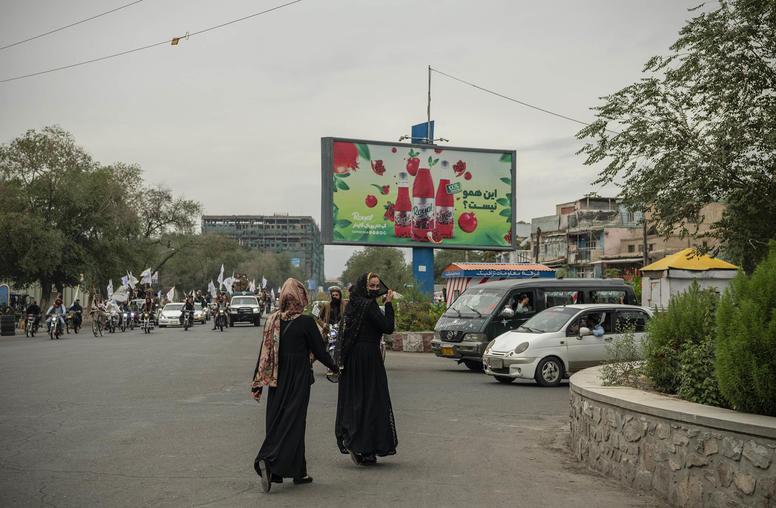
Two Years of the Taliban’s ‘Gender Apartheid’ in Afghanistan
Two years after the Taliban takeover of Afghanistan, the human rights situation in the country is abysmal, with women and girls experiencing the worst of the regime’s policies. There is growing evidence that the Taliban are committing the crime against humanity of gender persecution of women and girls, an assertion Human Rights Watch made in a new report. This summer, the World Economic Forum slated Afghanistan last of the 146 countries it ranked in a study on gender gaps. The scope of the Taliban’s women’s rights restrictions is truly unprecedented.
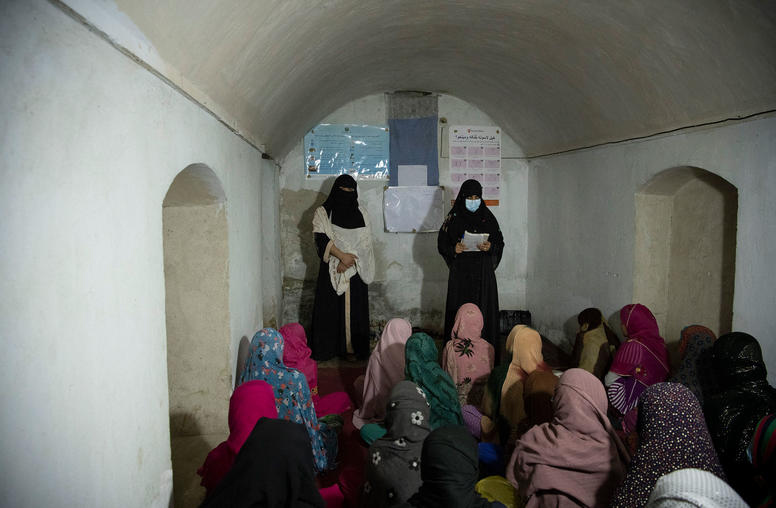
U.N. Conference Highlights Global Unity but Limited Leverage Over the Taliban
Over a year and a half since the Taliban’s takeover of Afghanistan, not a single country has recognized its government. Yet, it has resulted in no change in Taliban behavior. The worst predictions of what Taliban rule could be like have come true, as the regime has implemented unprecedented restrictions on women amid a brutal humanitarian crisis. The situation is so bad that U.N. Secretary-General António Guterres convened a special conference in Doha, Qatar this week — with no Taliban representation — to discuss Afghanistan’s international isolation. While there were no tangible outcomes — evidence of how limited the international community’s leverage really is — it did demonstrate remarkable consensus on the imperative to help the Afghan people.
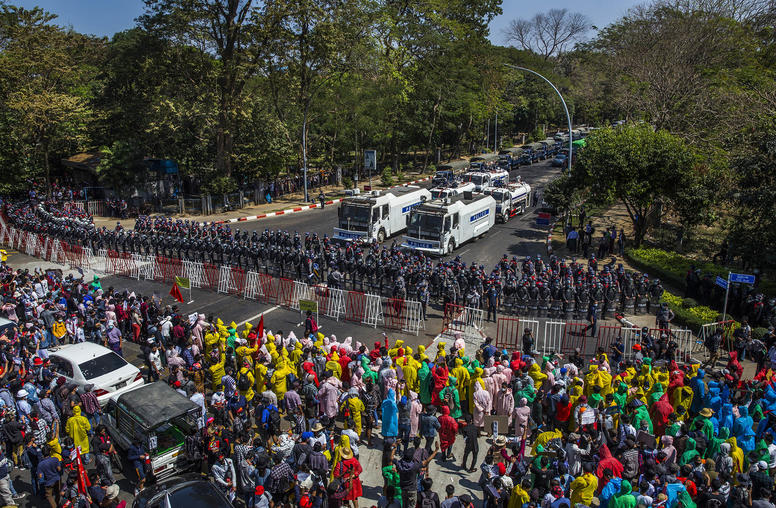
Misinformation, Hate Speech and Ethno-Religious Tensions in Myanmar
In Myanmar, interethnic tensions have improved in the post-coup era as more and more resistance leaders join the call to fight the junta. This shared opposition to military rule has left many people hopeful for the prospect of broader national cohesion in a country that has been beset by various civil and ethnic conflicts for decades. But this moment of national cohesion can also obscure the complex histories and intercommunal grievances that remain unresolved — and a recent massacre in Southern Shan State demonstrates that the military’s violence still has the power to sow discord among a fragmented resistance movement.
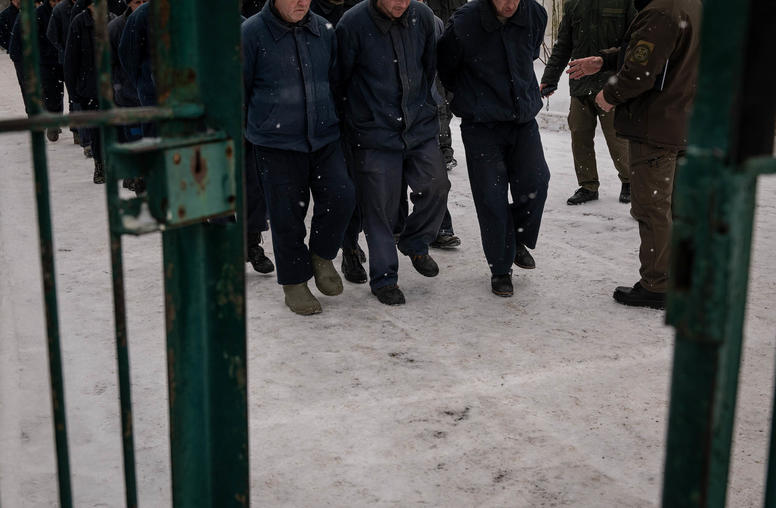
Amid War, Ukraine Aims to Protect the Rights of a Brutal Foe
At a critical phase in Russia’s war on Ukraine, U.N. human rights reports and news accounts illuminate a deepening contrast between the two nations’ adherence to humanitarian conduct amid war, notably in their treatment of prisoners. As Russian forces publicize and celebrate their brutalization of prisoners, Ukraine is striving to apply global norms rooted in a wartime order, 160 years ago this week, by U.S. President Abraham Lincoln. Sustaining support for Ukraine’s adherence to international humanitarian law can help determine which patterns of conduct, brutal or humane, will shape the world in which our children will live.
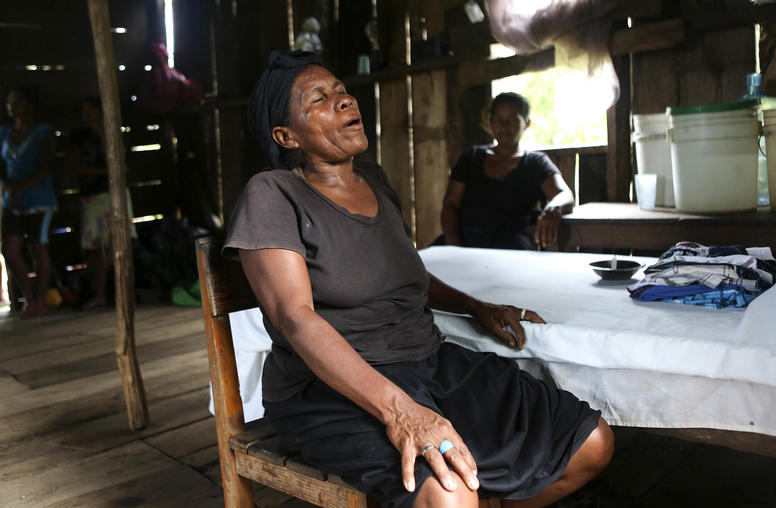
To Secure Shared Environments, We Must Protect Indigenous Peacebuilders
Humanity observes our 53rd annual Earth Day this week while worsening our assault on our planetary home. Arguably our most critical protectors against this self-harm are Indigenous people who, only about 6 percent of us, protect 80 percent of Earth’s biodiversity. Yet powerful elites, armed groups and business interests attack and kill politically marginalized Indigenous environmentalists to continue clawing wealth out of ecosystems from the Amazon and Congo basins to the Himalayas. Any real hope of reversing our environmental degradation will require U.S. and international policymakers to strengthen protections for Indigenous environmentalists.
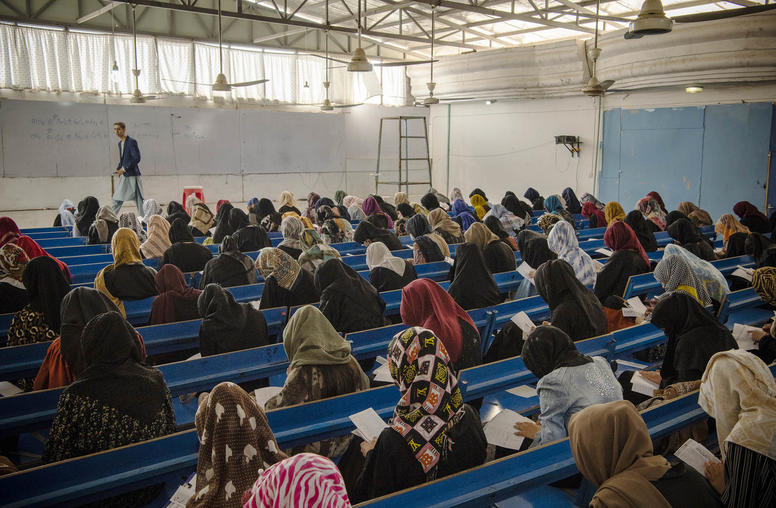
Taking a Terrible Toll: The Taliban’s Education Ban
Last month, a year after the Taliban banned Afghan girls from receiving secondary education, another school year began in Afghanistan — the only country in the world where girls are prohibited from going to school beyond the primary level. Since the Taliban’s August 2021 takeover, the group has sought to marginalize women and girls and erase them from virtually every aspect of public life. After a March 2022 ban on high school education, the Taliban also barred women from attending university at the end of last year. In a series of interviews with USIP, Afghan mothers, female students, schoolteachers, and university lecturers spoke of the terrible toll the Taliban’s actions have taken on their mental health.
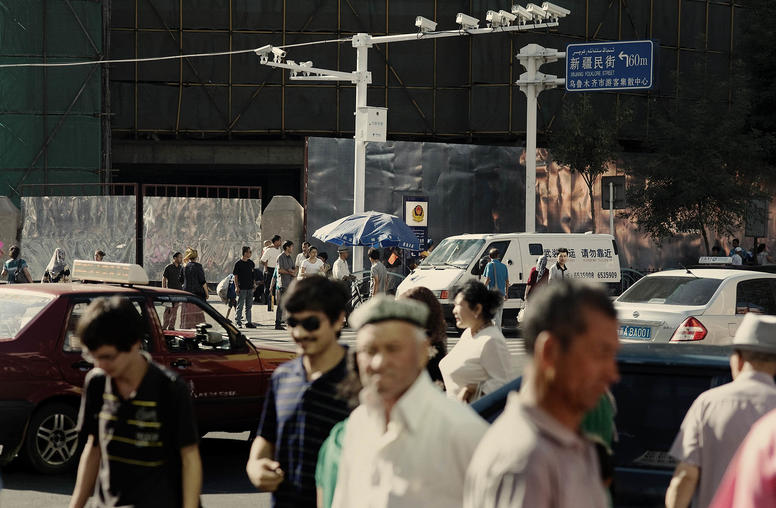
Don’t Look Away from China’s Atrocities Against the Uyghurs
While atrocity crimes — and the pursuit for accountability — in Ukraine have dominated global attention in the last year, momentum has continued to build in seeking accountability for China’s crimes against the Uyghurs and other minority groups. Most of this progress has been made at the state level, including legal cases under the principle of universal jurisdiction, atrocity determinations finding that genocide and crimes against humanity are ongoing, and efforts to exclude Chinese goods made with forced labor from domestic markets. Although this momentum has been slow and not without setbacks, it has also been steady, strengthening the record of Beijing’s crimes against the Uyghurs and the overall case for accountability.
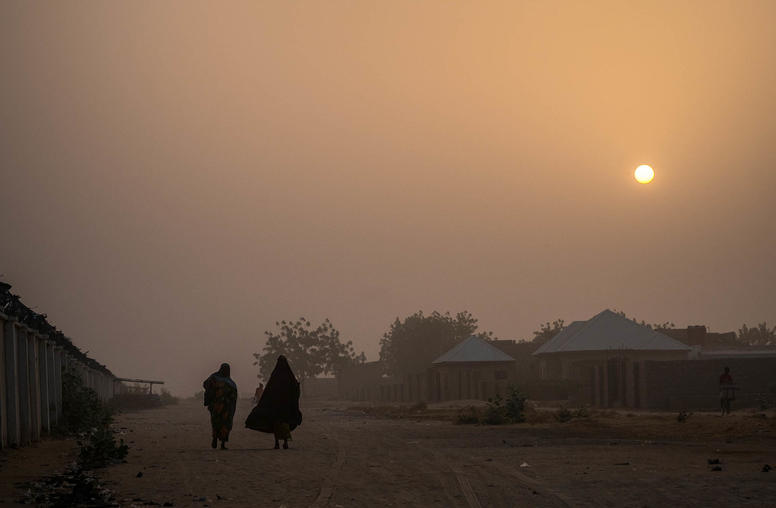
Going Beyond Accountability to Deter Conflict-Related Sexual Violence
In a historic move, President Biden signed a memorandum last November that bolstered the U.S. response to conflict-related sexual violence, including rape, sexual slavery, forced pregnancy, forced sterilization and other forms of wartime sexual harm. The new directive was timed to coincide with an international conference in London that marked the 10-year anniversary of the U.K.’s Preventing Sexual Violence in Conflict Initiative and sought to build on the initiative’s 2014 global summit as well as the “declaration of commitment” to end sexual violence in conflict that was signed by more than 150 countries in 2013.
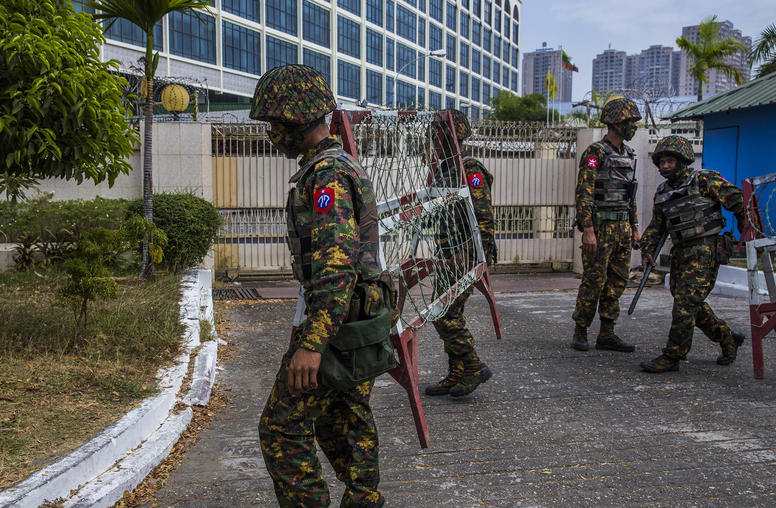
Atrocities in Myanmar: Documenting the Junta’s Attacks on Civilians
Even before the February 2021 coup, Myanmar’s military often deployed systematic violence against civilians, developing a reputation for ruthlessness that dates back decades. Their abuse of ethnic minorities such as the Rohingya have been the subject of countless international human rights investigations, while their nearly unchecked power allowed them to operate with impunity.